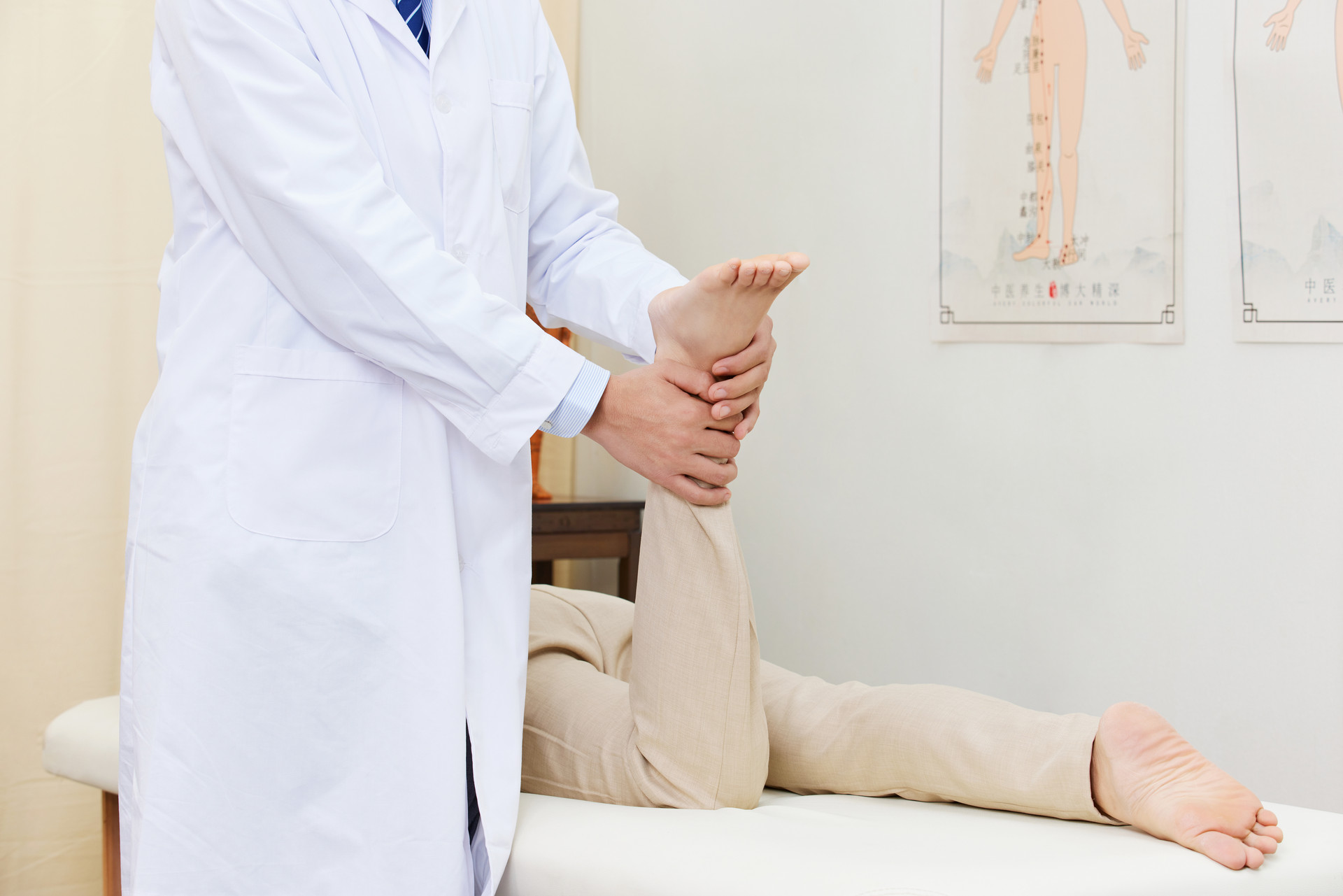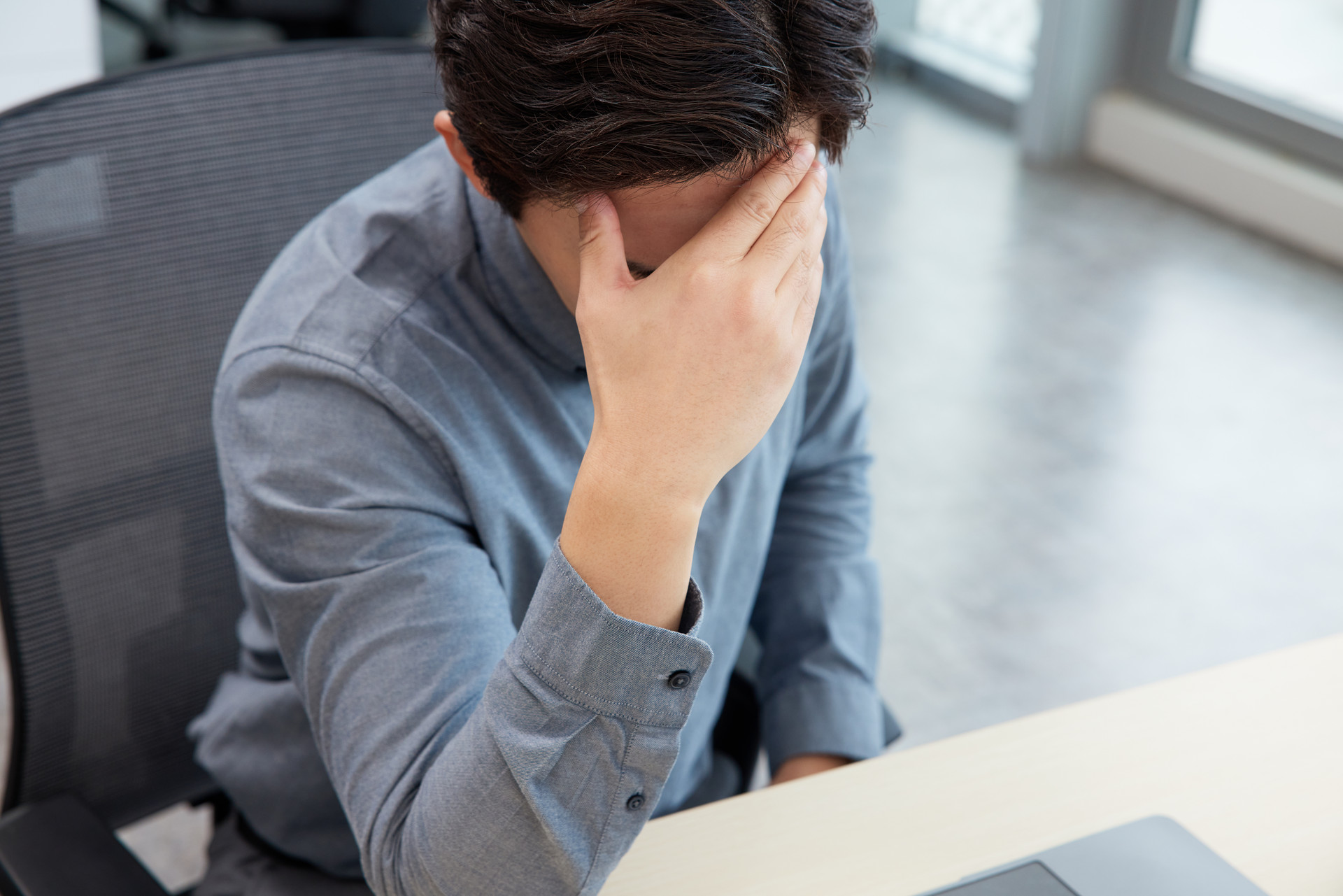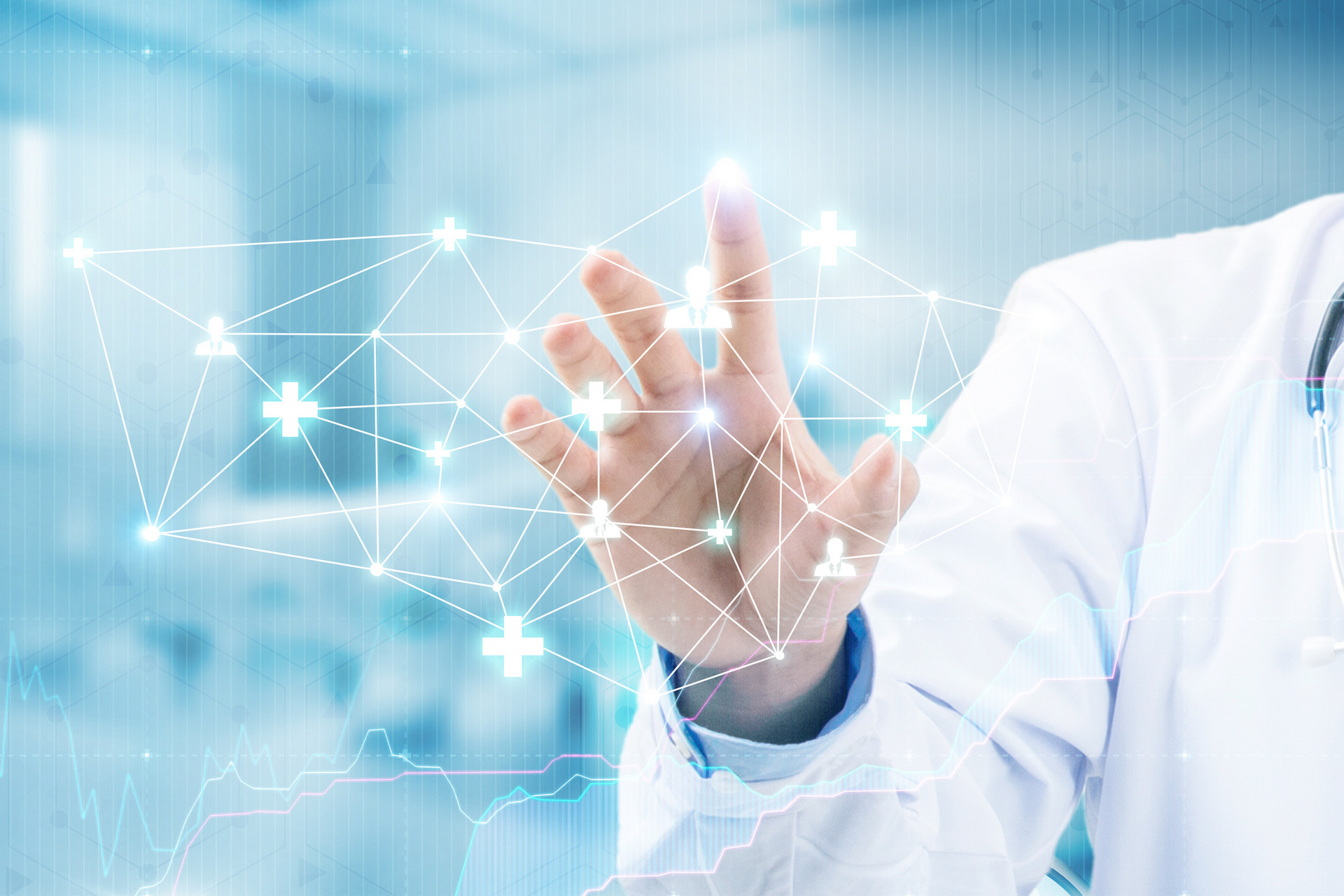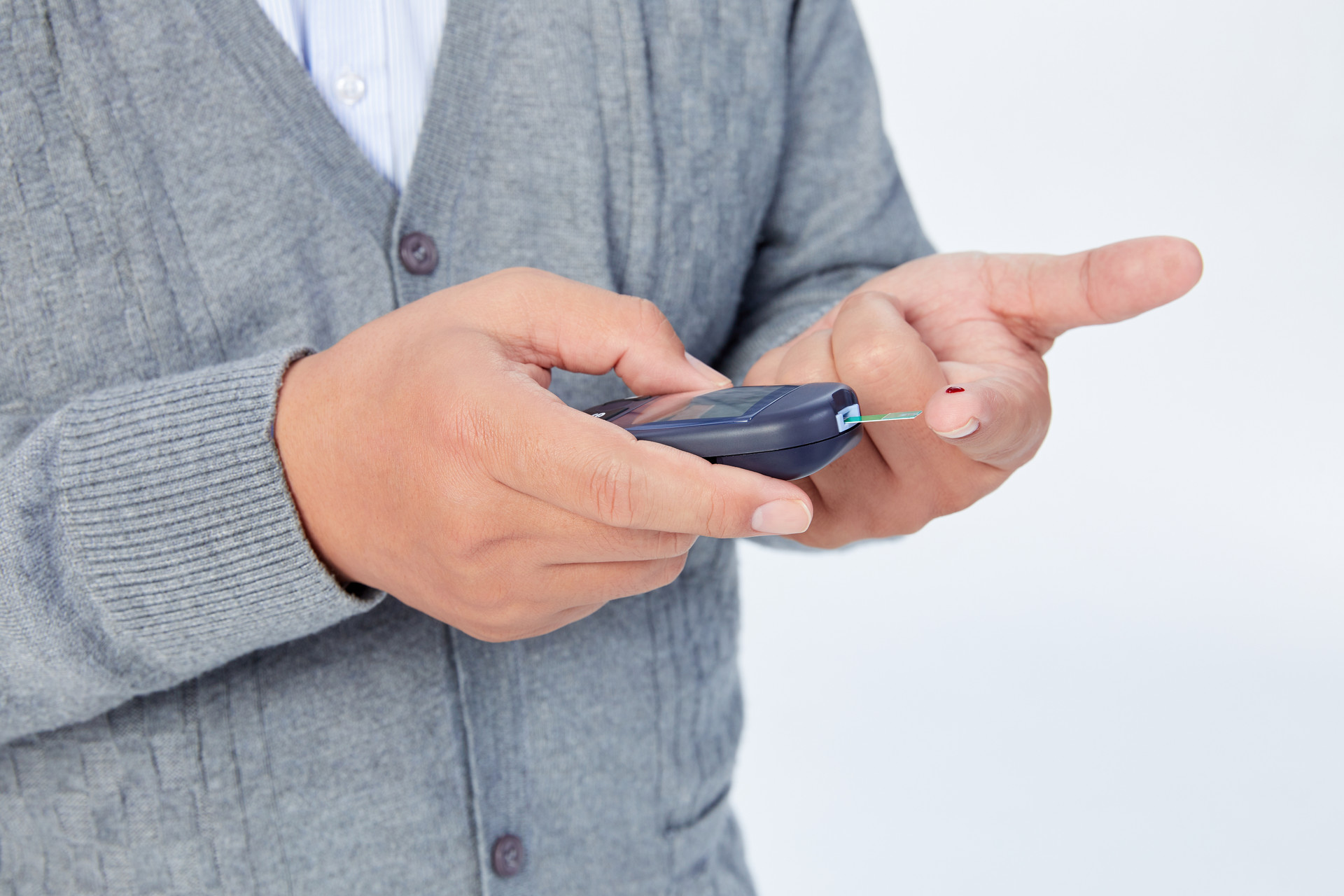During adolescence, boys may develop acne on their faces, which is a normal phenomenon. When boys enter puberty, the secretion function of sebaceous glands is stimulated by growth hormones and sex hormones. This causes the excess oil in the body to continuously flow to the surface of the skin. Some of it can be excreted through the pores, but some may get trapped in the deeper layers of the skin. In different situations, these trapped oils can develop into different forms, with acne being one of them.
1. Where do these annoying pimples come from?
Sometimes, when the clogged pores cannot withstand the pressure, the accumulated oil, bacteria, dead cells, and dust in the pores wait for an opportunity to break through and come out. At this time, due to the circulation of blood, a large number of white blood cells are transported, causing congestion, swelling, and painful inflammation on the surface of the skin, resulting in the appearance of acne. Initially, it may appear on the forehead, then on the sides of the face, and then on the cheeks. It may even appear on the chin.
According to medical statistics, only a small percentage of teenagers do not develop acne during puberty. Most teenagers experience acne for at least a year or more during puberty. For a small percentage of individuals, acne continues to accompany them even after puberty. Therefore, for the majority of teenagers, acne is an unwelcome guest during puberty.
2. The troubles brought by acne
The appearance of acne on a fair complexion is difficult for every boy to accept. Some boys are very concerned about their appearance, and the appearance of acne undoubtedly increases their mental burden. They worry about losing face and may even experience feelings of inferiority, depression, and a lack of interest in studying. In such situations, it is important for children to have a correct understanding of the various bodily changes that occur during puberty, including the disliked acne. When you realize that this is a normal process of adolescence, you will not be afraid anymore.
3. How to treat acne?
(1) Do not wash your face too frequently. Washing your face twice a day is the rule you must follow. Washing your face too often will stimulate the secretion function of the sebaceous glands.
(2) Do not pick or squeeze pimples. A pimple's lifecycle is only a short 3-4 days. When its time is up, it will naturally disappear or burst. Squeezing it with your hands or tools will only cause secondary infection due to the bacteria on your hands, or result in subcutaneous congestion and even leave unsightly scars.
(3) Eat less spicy, fried, and high-calorie foods. These foods do not directly cause the formation of acne, but they can worsen the condition. These foods increase the burden on the heart and decrease the quality of vitamin K in the blood, indirectly triggering the formation of acne.










